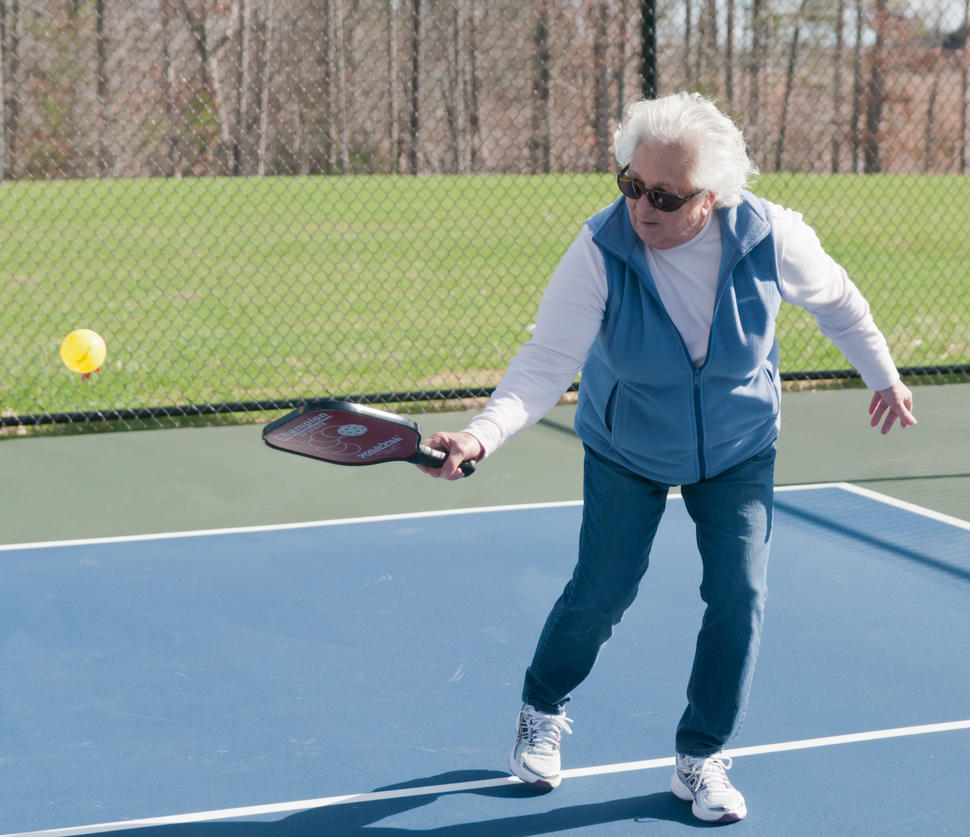Many types of leisure time activities may lower risk of death for older adults
NIH/National Cancer Institute
Older
adults who participate weekly in many different types of leisure time
activities, such as walking for exercise, jogging, swimming laps, or playing
tennis, may have a lower risk of death from any cause, as well as death from
cardiovascular disease and cancer, according to a new study led by researchers
at the National Cancer Institute, part of the National Institutes of Health.
Credit: “Pickleball-5” by Ron B. CC BY 2.0
The
findings suggest that it's important for older adults to engage in leisure time
activities that they enjoy and can sustain, because many types of these
activities may lower the risk of death, the authors wrote.
The
findings appear August 24 in JAMA Network Open.
Using
data from 272,550 adults between the ages of 59 and 82 who had completed
questionnaires about their leisure-time activities as part of the NIH-AARP Diet
and Health Study, the researchers looked at whether participating in equivalent
amounts of seven different exercise and recreational activities -- including
running, cycling, swimming, other aerobic exercise, racquet sports, golf, and
walking for exercise -- was associated with lowered risk of death.
The researchers found that achieving the recommended amount of physical activity per week through any combination of these activities was associated with a 13% lower risk of death from any cause compared with no participation in these activities. When they looked at the role of each activity individually, playing racquet sports was associated with a 16% reduction in risk and running with a 15% reduction. However, all the activities investigated were similarly associated with lower risks of death.
The
second edition of the Physical Activity Guidelines for Americans recommends
that adults engage in 2.5 to 5 hours of moderate-intensity aerobic physical
activity, or 1.25 to 2.5 hours of vigorous-intensity aerobic physical activity,
each week.
The
levels of activity by the most active individuals (those who exceeded the
recommended levels of physical activity) were associated with even greater
reductions in the risk of death, but there were diminishing returns as activity
levels increased. Even people who did some recreational activity, though less
than the recommended amount, had a 5% reduction in risk of death than those who
did not participate in any of the activities studied.
These activities were also associated with a lower risk of death from cardiovascular disease and cancer. Playing racquet sports was associated with the greatest reduction in risk of cardiovascular deaths (27% reduction), while running was associated with the greatest reduction in risk of cancer deaths (19% reduction).